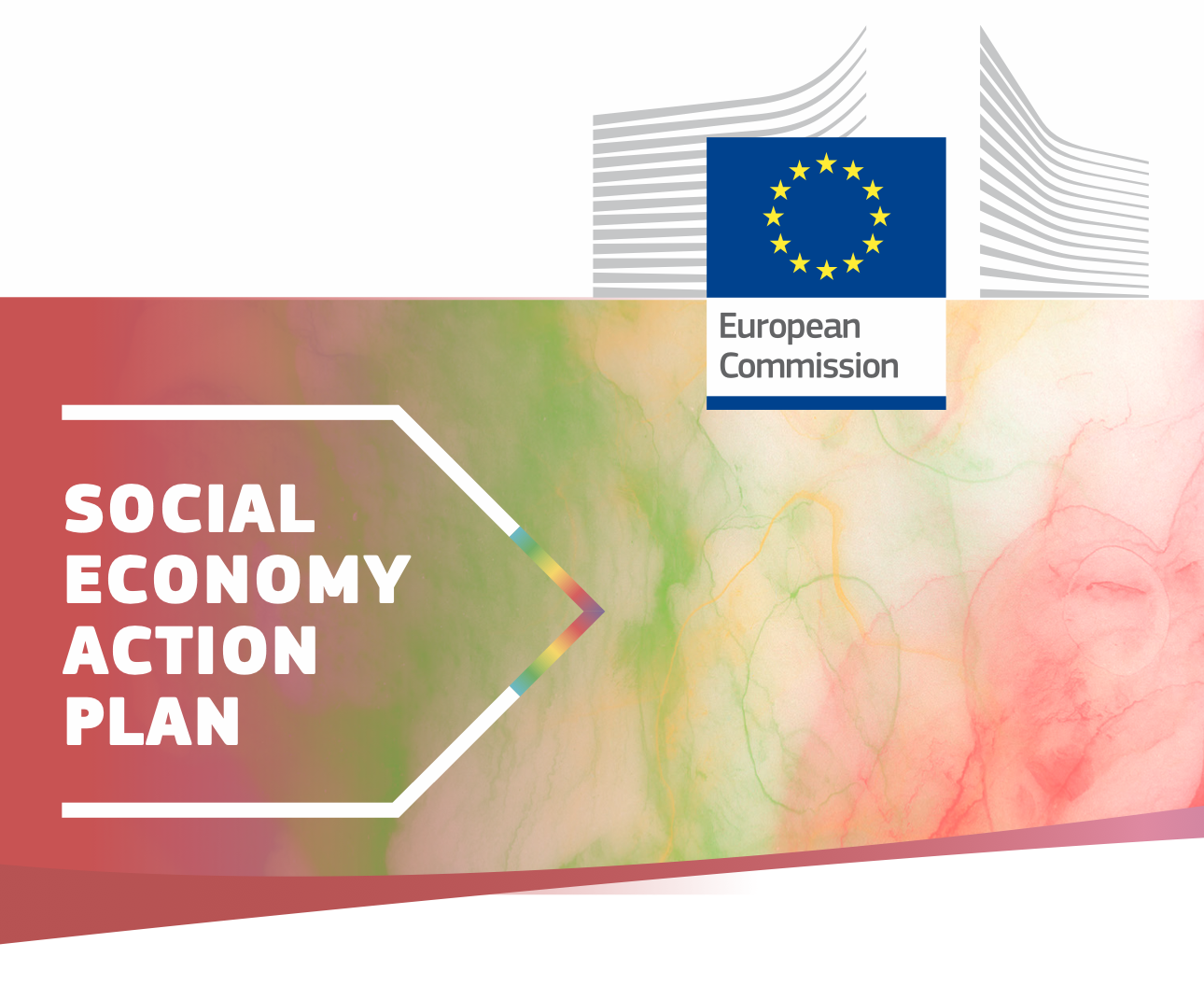
As foreseen in the Social Economy Action Plan (SEAP) itself, the European Commission is conducting a mid-term review in 2025 to gain an insight into the progress and new developments since the adoption of the SEAP.
The Social Economy Action Plan provided a solid framework for the social economy sector, including for industrial and service cooperatives. It brought regulatory and institutional recognition to an ecosystem whose contribution is immense to a strong social Europe, circular economy, quality jobs, accessible and affordable services, and more.
Although challenges persist, the SEAP opened doors for industrial and service cooperatives in terms of access to finance, promoting cooperatives in rural/remote and disadvantaged areas, and recognising the role particularly of social cooperatives in providing social services and in active labour market policies (e.g., in terms of work integration for disadvantaged people).
Key achievements at the EU-level range from the adoption of the Council Recommendation on developing social economy framework conditions in November 2023 to improved access to finance through EU-level mechanisms, particularly ESF+ and InvestEU. At the national level, new legislations were introduced (e.g., Czechia, Portugal), national-level strategies were adopted (e.g., Italy, Spain), and bodies were established to provide advisory services for social economy enterprises (e.g., Finland).
However, more needs to be done in the coming years, particularly in light of the current geopolitical and socioeconomic context. In particular, CECOP calls on the Commission to take into account the following priorities:
- Provide access to finance for cooperatives, including via ESF+ and InvestEU in the next Multiannual Financial Framework.
- Revise the EU Public Procurement Rules to move beyond price-only awarding of contracts, systematically use social and environmental criteria, and maintain the option to reserve contracts.
- Include social economy in State Aid rules, particularly in the de minimis and the SGEI regimes, and in the General Block Exemption Regulation.
- Tax policy reform to recognise the value of the model through the recognition of its specific tax regimes within the European frameworks for tax harmonisation.
- Emphasise cooperatives’ contribution to employment policies, through the integration of disadvantaged people into the labour market and through the creation of quality jobs.
- Strengthen public administrations’ skills and knowledge of the social economy, including cooperatives.
- Support for Workers’ Buyouts, e., business transfers to the employees under the cooperative model.. Workers’ buyouts are a great tool against deindustrialisation, as they preserve not only the business within the local economy, but maintain the jobs, skills and know-how of the employees in the same territory even after the transfer.
- Encourage Member States to adopt national strategies on the social economy, with a intersectorial approach supporting the social economy.
- Integrate cooperatives into the EU taxonomy on sustainable finance, with the development of specific standards to measure social impact tailored to cooperatives.
- Mainstream social economy in other EU initiatives, such as the European Pillar of Social Rights, the Quality Jobs Roadmap, the Circular Economy Act, and the Anti-poverty Strategy.
- Strengthen the collection of statistical data on cooperatives and their contributions and impact across the EU
- Promote cooperatives as drivers of local development, especially in remote/rural and disadvantaged areas
Further details on the necessary measures and our full answer to the Call for evidence can be found here.







 Employment & Social Inclusion
Employment & Social Inclusion  Entrepreneurship
Entrepreneurship Sustainable Growth
Sustainable Growth 

